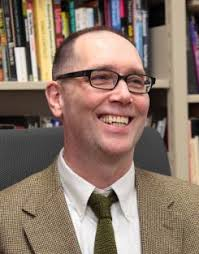Bio
Cultural anthropology: refugees and immigrants in Japan; homelessness; political activists; social and new media; digital archive and mediated ethnography; youth culture and new labor; disaster and recovery; oral narrative; Tohoku and Tokyo

Cultural anthropology: refugees and immigrants in Japan; homelessness; political activists; social and new media; digital archive and mediated ethnography; youth culture and new labor; disaster and recovery; oral narrative; Tohoku and Tokyo